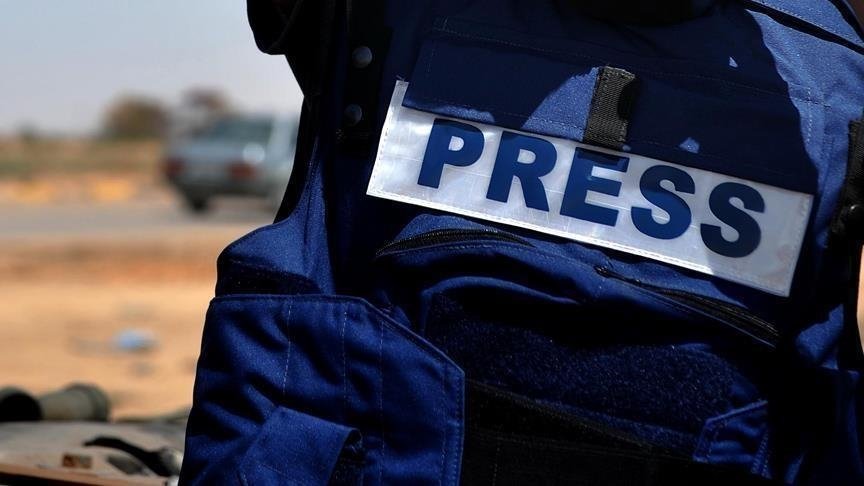ISLAMABAD: Amid widespread concerns over proposed amendments to the Prevention of Electronic Crimes Act 2016 (PECA), the federal government has assured that the law will not be misused, promising transparency, due process, and opportunities for further debate and modification.
“This law will not be misused, and multiple forums will be available to identify any misuse and amend the legislation if necessary,” said Prime Minister’s Coordinator Rana Ihsaan Afzal.
Proposed Amendments to PECA
The federal government recently introduced amendments to PECA, reducing the maximum jail term for disseminating “false and fake information” from seven years to three years.
The draft, titled the Prevention of Electronic Crimes (Amendment) Act, 2025, includes updated definitions, the establishment of regulatory and investigative bodies, and stricter penalties for the spread of misinformation.
The amendment states:
“Whoever intentionally disseminates, publicly exhibits, or transmits any information through any information system that they know or have reason to believe to be false or fake, and which is likely to cause fear, panic, disorder, or unrest in the general public or society, shall be punished with imprisonment of up to three years, a fine of up to Rs. 2 million, or both.”
Key Features of the Draft
- Social Media Protection and Regulatory Authority (SMPRA):
The proposed authority will have broad powers to block or remove online content deemed harmful to public safety or state interests. Individuals aggrieved by fake or false information may file a complaint with SMPRA, which will issue decisions within 24 hours. - Platform Registration:
Social media platforms may be required to register with SMPRA, adhering to prescribed procedures and paying fees. - National Cyber Crime Investigation Agency (NCCIA):
A specialized agency would be created to investigate cybercrimes. - Social Media Protection Tribunal:
A tribunal will be established to handle disputes and appeals related to decisions made by SMPRA.
The SMPRA is proposed to consist of a chairperson and eight members, including representatives from the Ministry of Interior, the Pakistan Electronic Media Regulatory Authority (PEMRA), and the Pakistan Telecommunication Authority (PTA).
Public Concerns and Criticism
The amendments have drawn criticism from civil society, media groups, and digital rights activists, who argue that they could lead to overreach and suppression of free speech. However, the government has emphasized its commitment to ensuring accountability and maintaining safeguards to prevent misuse.
The original PECA law, introduced in 2016 by the Pakistan Muslim League-Nawaz (PML-N) government, has been controversial due to its perceived restrictions on digital freedom. The proposed changes aim to address loopholes while introducing new measures to combat misinformation and enhance cybersecurity.


